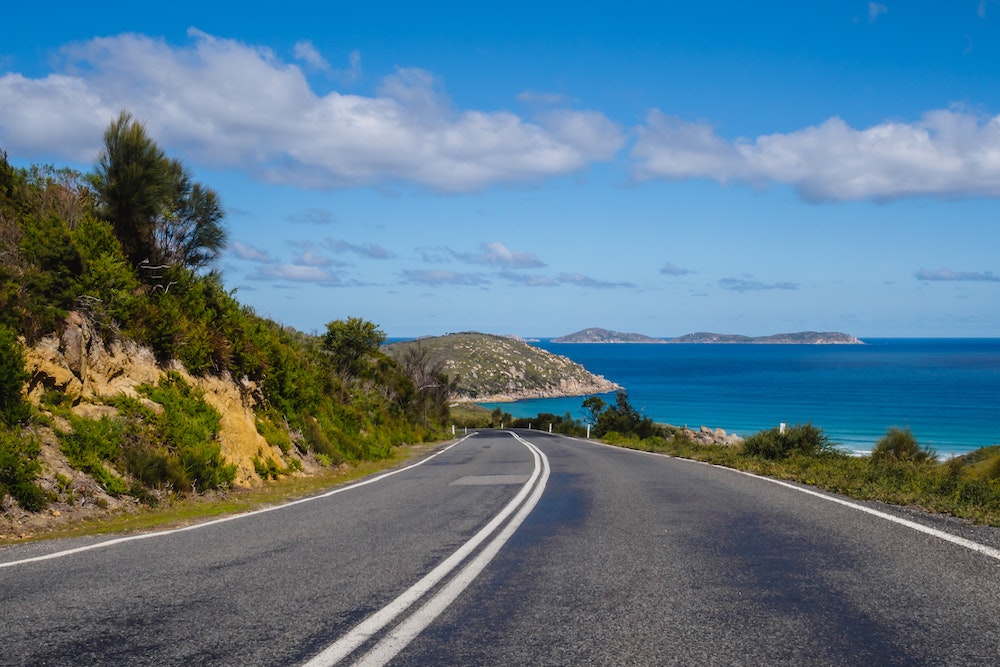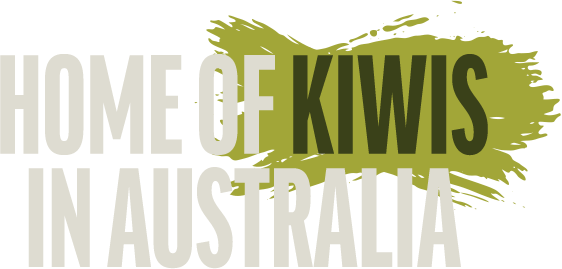
If you can already live and work in Australia, is permanent residency still worth applying for?
New Zealanders can live and work in Australia as special category visa (SCV) holders, so you’re probably wondering why it’s worth applying for permanent residency (PR) and then citizenship.
There’s a reason the Australian Government introduced the 189 New Zealand PR visa and there’s a reason thousands of Kiwis have already jumped at the chance of applying. Firstly, it’s a PR visa, and secondly, it’s a route to dual citizenship.
The main appeal of the 189 New Zealand stream visa is that both PR and citizenship come with a heap of benefits the SCV just doesn’t offer.
Just how much you’ll benefit depends on your individual circumstances and whether you’re a ‘protected’ SCV holder or not.
Social welfare
Permanent residents are entitled to social welfare payments in Australia, although some benefits are only paid after an initial waiting period. This isn’t the same for New Zealand citizens; the SCV is classed as a temporary visa.
What you’re entitled to, and for how long, depends on your visa status.
Are you a protected SCV holder or non-protected?
Protected SCV holders are considered to be Australian residents for social welfare purposes. The only exception here is in relation to the ‘Job Commitment Bonus’, which no new SCV holder is entitled to.
Protected SCV holders are people who:
- Were in Australia on 26 February 2001
- In Australia and held an SCV for 12 months or periods totalling 12 months in the two years prior to 26 February 2001
- Started living in Australia or returned to living in Australia within three months of 26 February 2001
- Were ordinarily residing in Australia on 26 February 2001 but had a temporary absence
Generally, if you arrived after 26 February 2001, you’re considered a ‘non-protected’ SCV holder and greater restrictions apply in relation to social welfare claims.
What can you claim?
Most New Zealanders can access some level of support, but it’s not the case across all social welfare benefits.
Only some non-protected SCV holders can get allowances like the JobSeeker Payment, Sickness Allowance and Youth Allowance. To receive one of these benefits as a non-protected SCV holder, you’ll need to have lived in Australia for at least a decade since 26 February 2001. And even if you do qualify, you can only claim for a maximum of six months.
If you move from a non-protected SCV to an Australian PR visa – like the 189 New Zealand stream – you won’t have this problem.
Another example is the National Disability Insurance Scheme (NDIS). Only protected SCV holders and PR/citizens are entitled to payments under this scheme. If you’re a non-protected New Zealander, you’re not likely to be eligible, despite the fact that you help to fund this scheme through the Medicare Levy.
Similarly, non-protected SCV holders aren’t officially eligible for Disaster Recovery Payments or Disaster Recovery Allowances.
Nine News recently reported on several New Zealanders who have lived in Australia for many years but found themselves without support during the pandemic.
Higher education
It’s a similar situation when it comes to higher education.
New Zealanders are considered domestic students when it comes to fees, but not everyone is eligible for the Higher Education Loan Program (HELP).
To receive HELP loans, SCV holders must:
- Have entered the country at least ten years previously as a dependent child (below 18); and
- Have been ordinarily resident here for the last decade and for at least 18 months out of the 24 months preceding the application; and
- Meet other Fee-HELP requirements
If you secure Australian citizenship, you will be eligible for support without having to meet this additional criteria.
Grants
Some grants and subsidies are only available to permanent residents or citizens of Australia.
If you’re an SCV holder and eligible for PR, you may find that the cost of obtaining your visa is relatively small compared to what you might get back.
Here’s an example: the Government’s HomeBuilder scheme grants are only available to Australian citizens. This is a $25,000 grant to help potential homeowners build new properties.
Jobs
There are still some jobs which are only open to Australian citizens.
In most cases (with very few exceptions), you’ll need to be a citizen to serve in the army.
Likewise, you can only work for the Australian Security and Intelligence Organisation (ASIO) if you’re a citizen. According to the ASIO website, applications won’t be progressed even if you’re waiting for citizenship; you need to have completed the process.
In many cases, you’ll need to be a citizen or PR to secure permanent employment in the public sector. Although some positions are open to non-permanent residents, these are generally only fixed-term appointments.
Other benefits
Other benefits associated with Australian citizenship, which aren’t open to SCV holders include voting rights and consular assistance when overseas.
Are you eligible for PR?
It’s important to note that not all New Zealanders are eligible for Australian PR; you’ll need to meet the requirements of the 189 visa and meet the criteria relating to residency and earnings. A Registered Migration Agent can check your eligibility for you.
True Blue Migration Services is a proud partner of NZRelo. Contact us today and find out if you’re eligible for Australian PR or dual citizenship.



Disclaimer:
The information displayed on these pages is intended to provide a general overview of some Australian visa types. It is not a substitute for tailored, professional advice relating to your own personal circumstances.
There are dozens of Australian visa subclasses; we refer to only a narrow selection here.
Migration policies and regulations change frequently. We are not responsible for any errors or omissions relating to the generic information supplied here.
You should always seek up-to-date advice from a Registered Migration Agent or refer to the Department of Home Affairs website prior to lodging an application. For more information visit www.truebluemigration.com
Categories
- Accommodation
- Babies & children
- Child care & early learning in australia
- Community services
- Credit checks
- Driver’s licences in australia
- Education in australia
- Financial stuff
- Government benefits in australia
- Health
- Immigration & residency
- Insurance information
- Legal system of australia
- Marriage & relationships in australia
- Pensions – what you need to know
- Police clearances
- Responsible service of alcohol
- Superannuation – what you need to know
- Tax in aus
- Transporting your belongings to australia
- Utilities – getting connected
- What to bring with you
- Working with children checks





